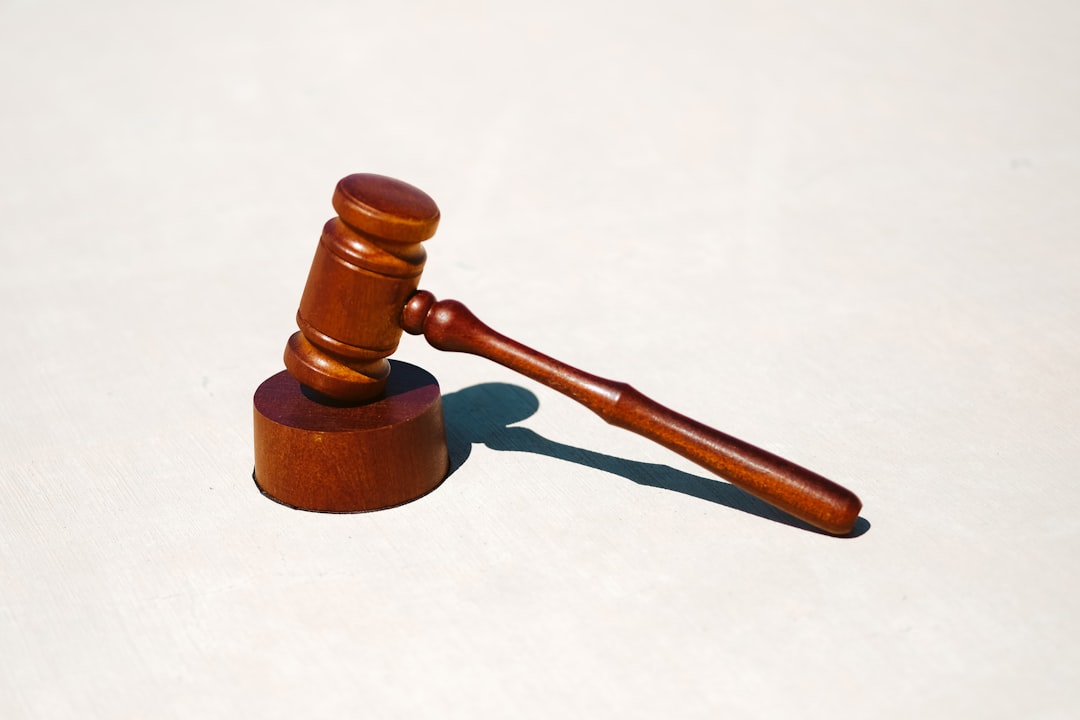The Texas Telemarketing Consumer Protection Act (TCPA) restricts unsolicited text messages (spam) to Texas residents without prior consent, with severe penalties for non-compliance. LA businesses need lawyers specializing in spam text laws and TCPA compliance to navigate state-specific definitions, manage customer consent effectively, avoid fines ($500/violation + $1,500 for willful), and protect against legal repercussions. Experts guide best practices, content moderation, and representation in litigation, ensuring businesses stay compliant and avoid costly mistakes with marketing text communications.
“Navigating the complex landscape of Texas’ Telephone Consumer Protection Act (TCPA) is crucial for businesses aiming to avoid costly legal entanglements. This article serves as a comprehensive guide, tackling key aspects of TCPA compliance in LA, especially regarding spam text messages. We explore what constitutes spam under Texas law, potential penalties for non-compliance, and essential requirements for businesses. Furthermore, we emphasize the pivotal role a lawyer specializing in spam texts laws can play in ensuring adherence to these regulations.”
Understanding the Texas TCPA: A Comprehensive Overview

The Texas Telemarketing Consumer Protection Act (TCPA) is a comprehensive law designed to protect consumers from intrusive and unwanted telemarketing practices, including spam text messages. This legislation sets strict guidelines for businesses engaging in telemarketing activities within the state of Texas, particularly regarding text messaging. Understanding these rules is crucial for any business or individual involved in sending promotional or advertising texts to Texas residents.
The TCPA outlines specific requirements and restrictions on the content, timing, and method of texting. It mandates that companies obtain prior express consent from recipients before sending automated texts for marketing purposes. Moreover, it limits the number of text messages a business can send and requires clear and understandable opt-out mechanisms in each message. Any violation of these rules can result in significant financial penalties, making it essential to consult with a legal expert specializing in spam text laws, especially when navigating LA’s strict TCPA compliance requirements.
What Constitutes Spam Texts Under Texas Law

Under Texas law, “spam text” is defined as an unsolicited text message sent to a wireless device without prior express consent from the recipient. This includes messages promoting goods or services, advertising, marketing materials, and any content that could be considered unwanted or nuisance by the recipient. A lawyer for spam texts in LA can help businesses understand these definitions, as they vary slightly between states.
In Texas, the Telephone Consumer Protection Act (TCPA) governs how businesses can contact consumers via text messages. Businesses must obtain explicit consent from individuals before sending any unsolicited texts. This means that if a customer has not given permission for marketing or promotional texts, any such message could be considered spam under TCPA regulations.
Legal Implications and Penalties for Non-Compliance

Non-compliance with Texas’ Telephone Consumer Protection Act (TCPA) can lead to significant legal implications and penalties for businesses and individuals sending spam text messages. The TCPA imposes strict restrictions on automated or prerecorded calls, including text messages, and non-compliance can result in substantial financial penalties. If a company is found to have sent unwanted text messages, they may face damages of up to $500 per violation, with an additional $1,500 for willful or knowing violations. These penalties can quickly escalate, especially in cases where thousands of spam texts were sent.
Hiring a lawyer specializing in spam text laws and TCPA compliance in LA is crucial to navigate these complex regulations and avoid costly mistakes. Legal experts can guide businesses on best practices for consent management, ensuring that all text message marketing adheres to the law. They can also represent companies in case of litigation, providing defense against allegations of spamming and helping to mitigate potential financial losses. Staying informed about the latest legal developments regarding the TCPA is essential to maintaining compliance and protecting your business from legal repercussions.
Key Requirements for Businesses to Avoid Spam Text Laws

To avoid falling foul of spam text laws in Texas, as governed by the TCPA, businesses must adhere to several key requirements. Firstly, they need to obtain explicit consent from recipients before sending any automated texts. This means implementing robust opt-out mechanisms, such as providing a clear and simple way for individuals to stop receiving messages. Secondly, companies should maintain detailed records of customer consent, including how it was obtained and when it may have been revoked.
Additionally, businesses must ensure their text messages are not considered unsolicited advertising or marketing. This includes personalizing communications where possible and avoiding generic, mass-sent messages. Using a lawyer for spam texts in LA can help businesses navigate these complex regulations, ensuring they remain compliant and avoid potential fines and legal repercussions.
The Role of a Lawyer in Ensuring TCPA Compliance

When navigating the complex landscape of Texas TCPA compliance, especially regarding spam text laws, having a specialized lawyer for spam texts is invaluable. These legal professionals are equipped to guide businesses through the intricacies of the Telephone Consumer Protection Act (TCPA) and ensure adherence to its stringent requirements. They play a pivotal role in protecting companies from costly lawsuits and penalties associated with non-compliance.
A lawyer for spam texts in LA can offer crucial insights into best practices for consent management, content moderation, and compliance monitoring. They assist in drafting and reviewing marketing materials, ensuring they comply with TCPA standards. Furthermore, these legal experts help businesses establish robust internal protocols to avoid violations, thereby fostering a culture of compliance within the organization.






